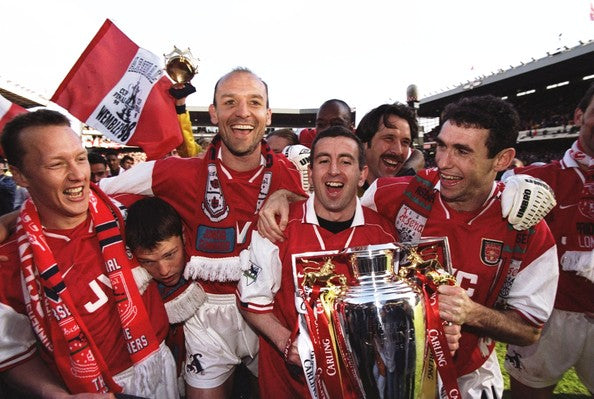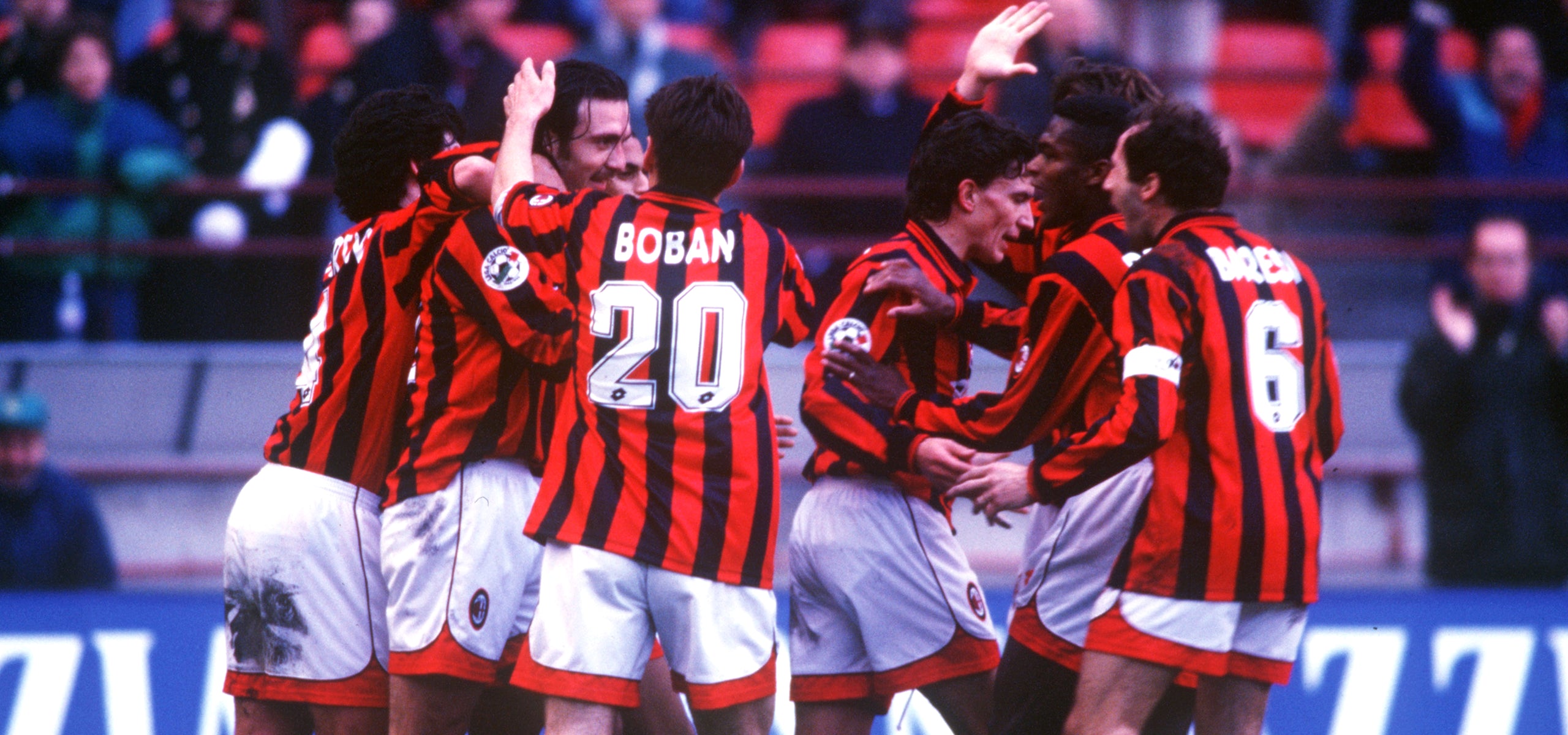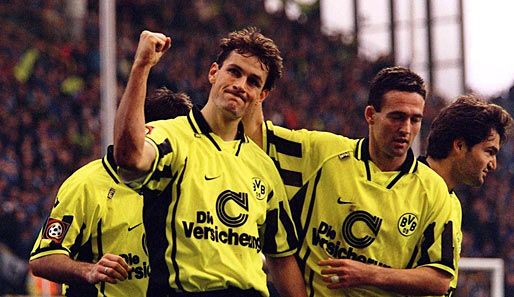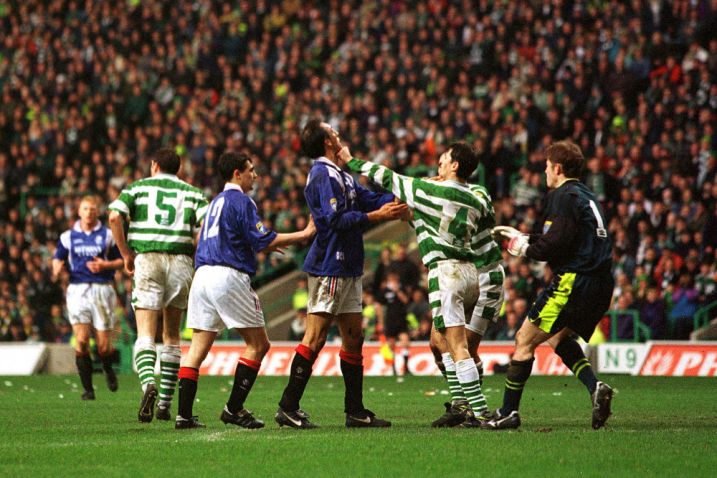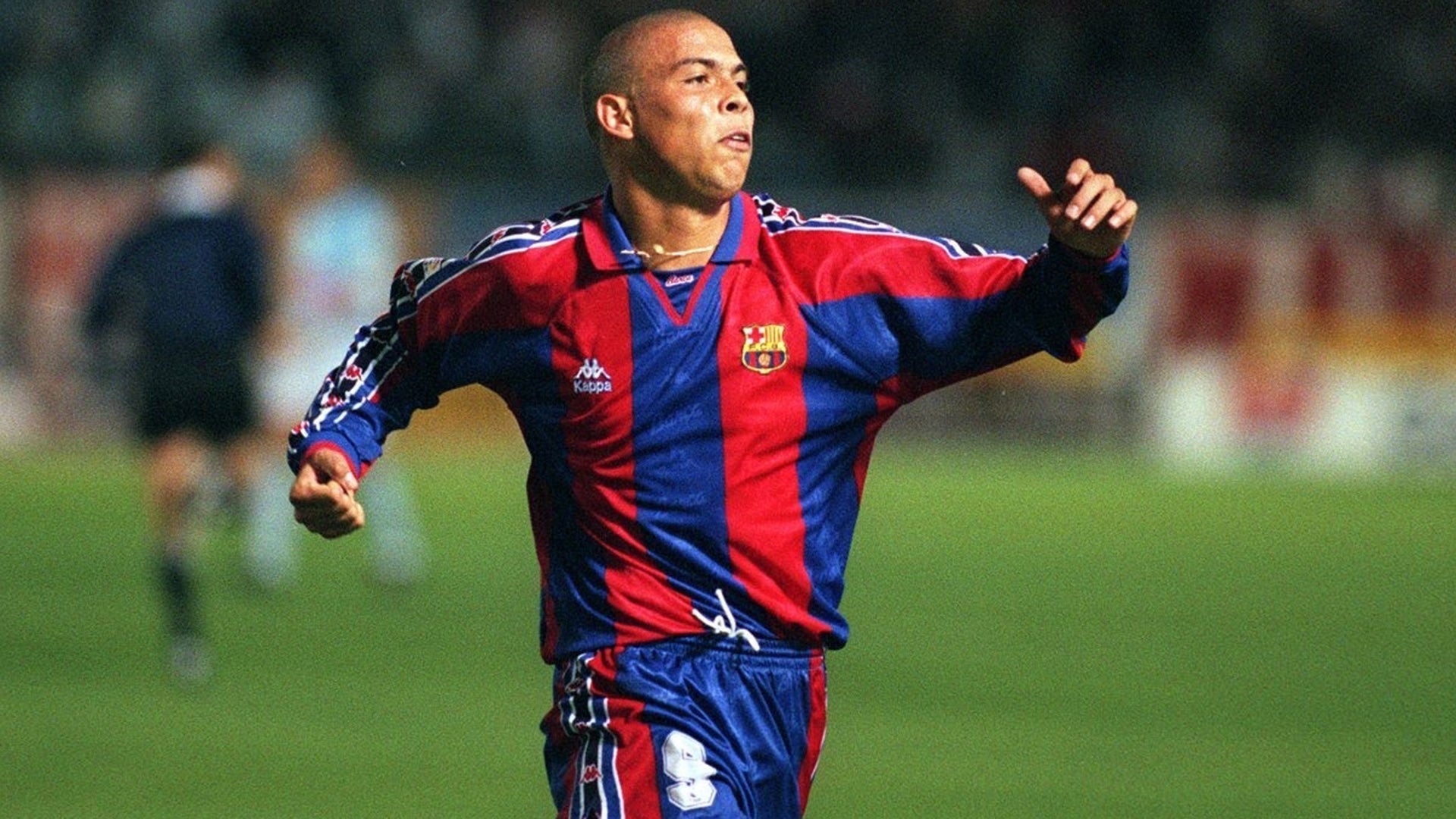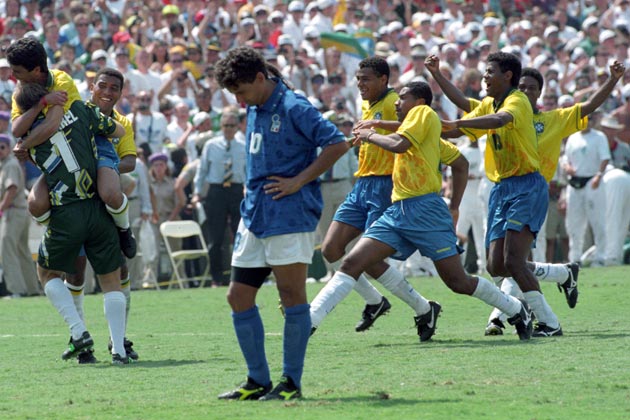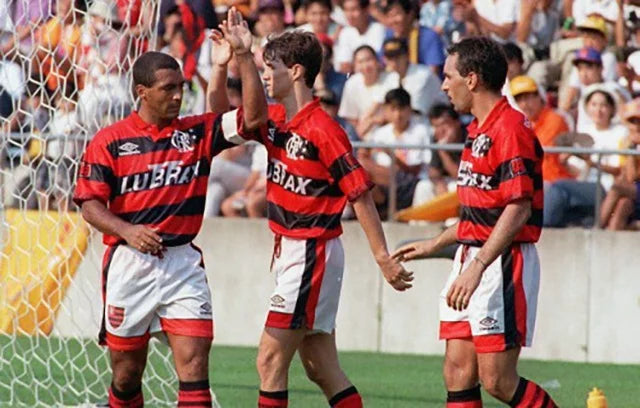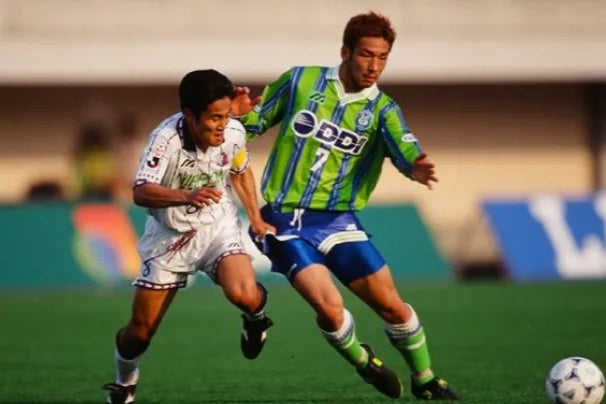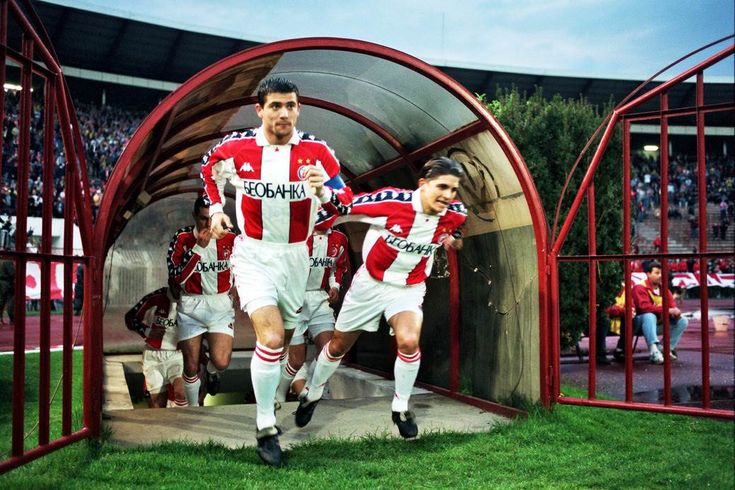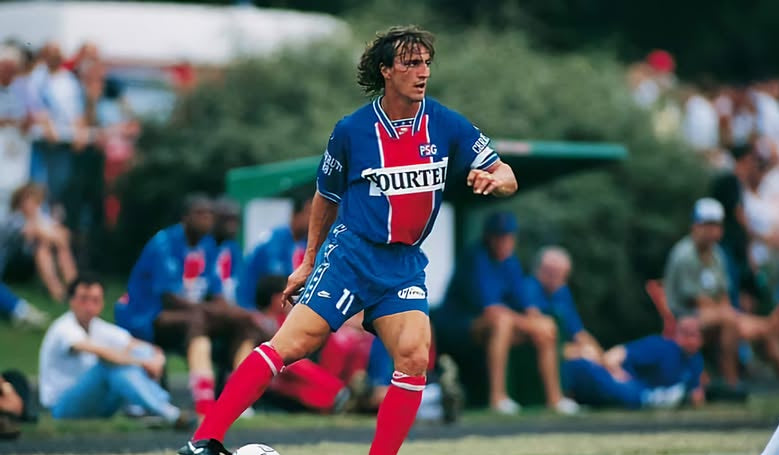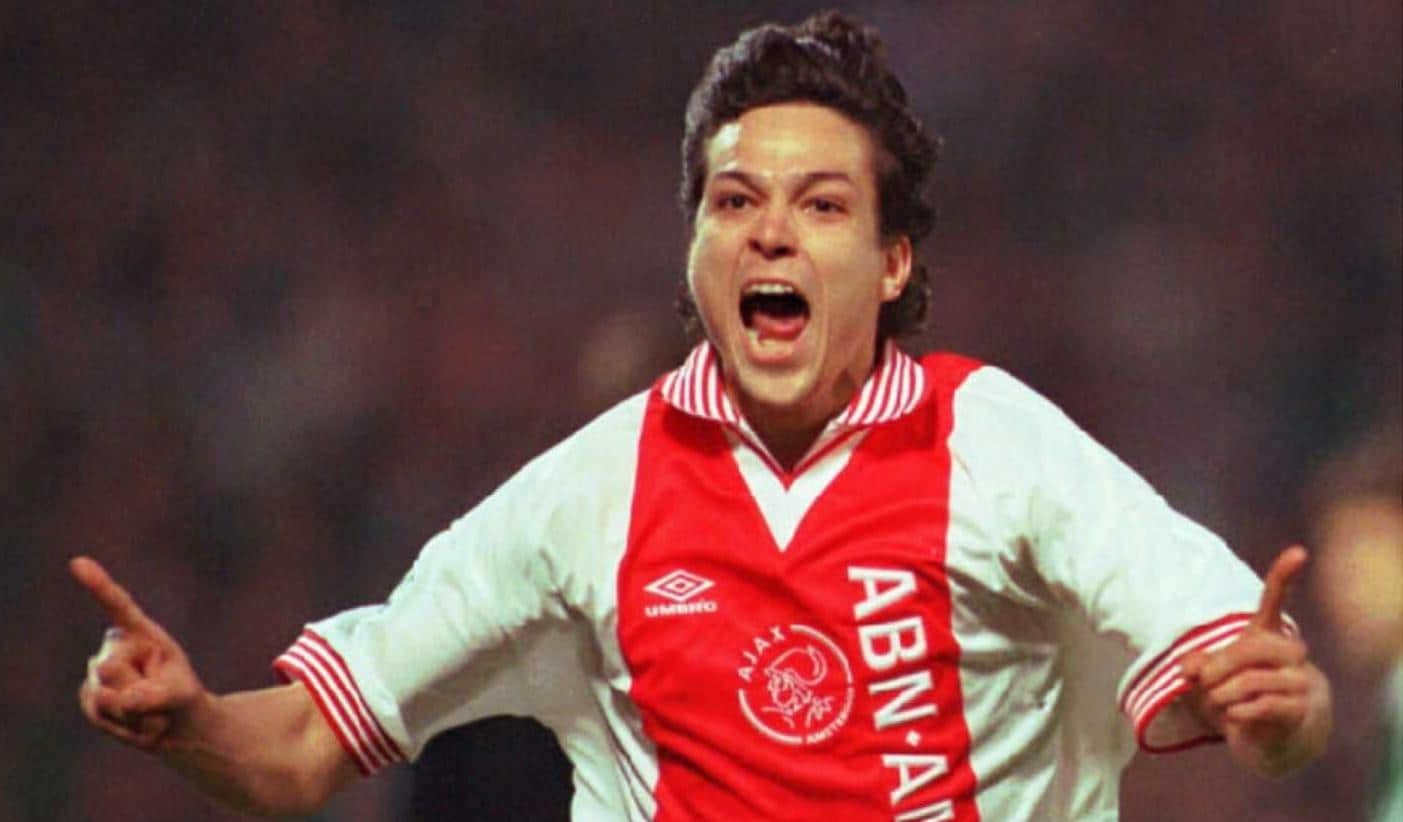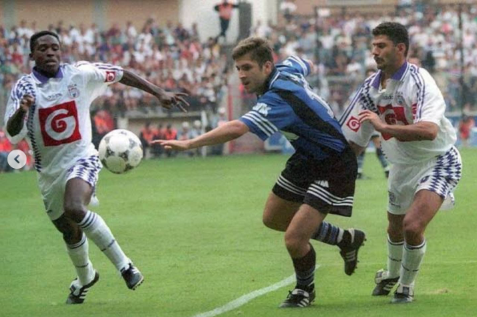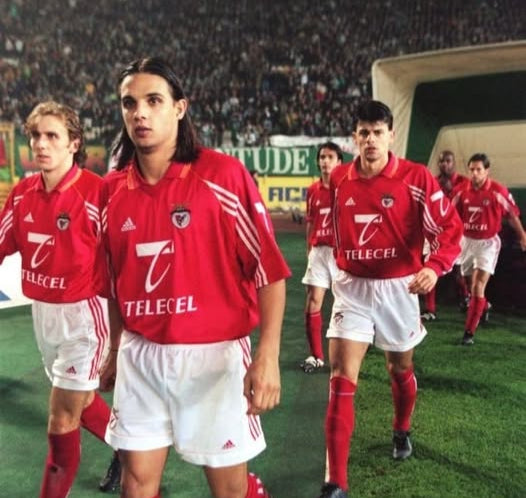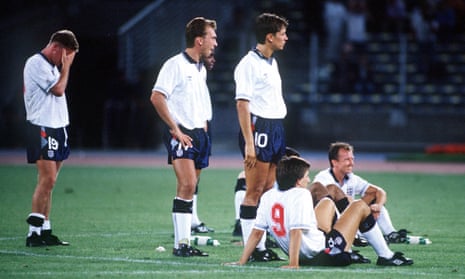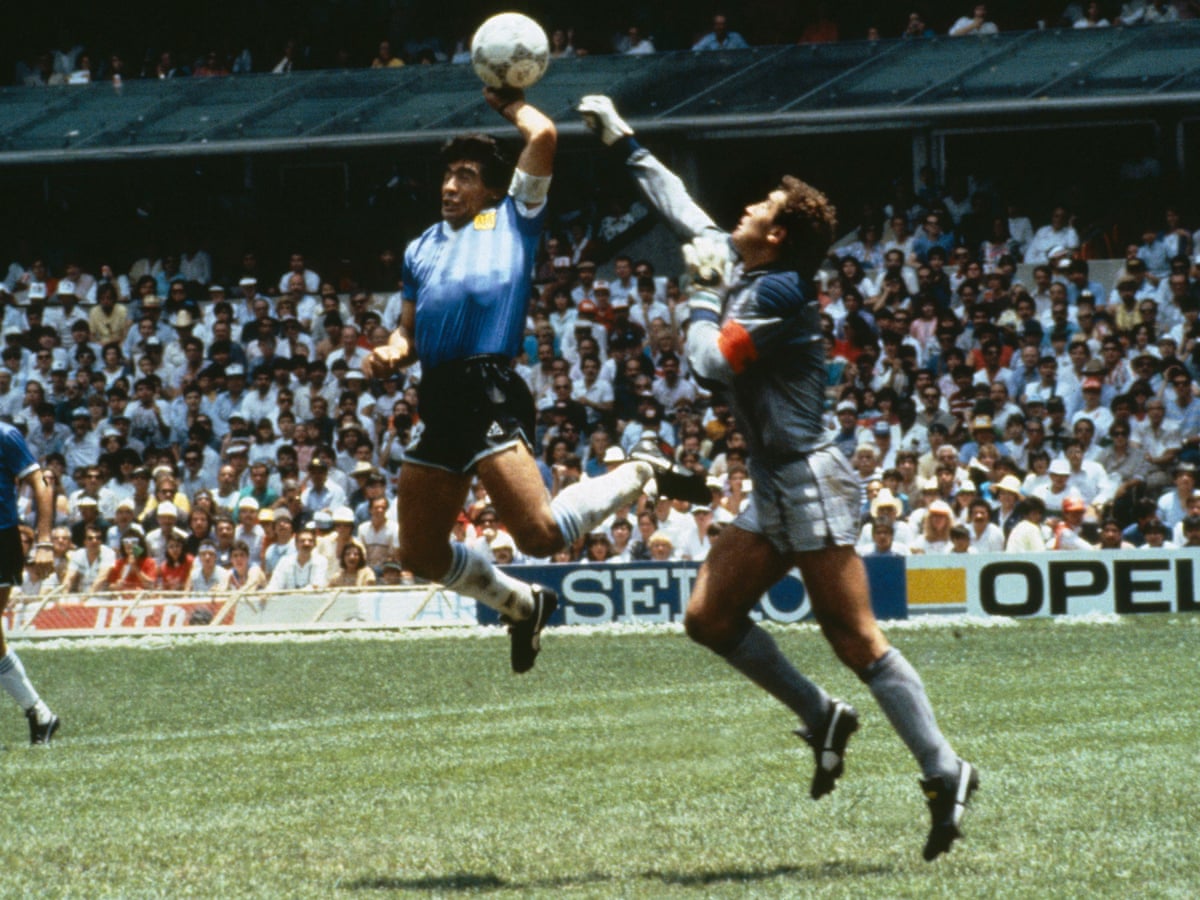
What if... Maradona’s “Hand of God” was disallowed in ‘86?
The sun hung heavy over the Azteca that afternoon in June 1986, and the world was already watching Diego Armando Maradona as if he were carrying something more than just the captain’s armband. Argentina against England was never simply a football match. The Falklands conflict still burned in the background, barely four years removed, and here were two nations meeting under the grandest of stages, with a genius at the centre of it all.
And then came the hand. The little punch, disguised by the swing of his body and the bounce of his curls. Tunisian referee Ali Bin Nasser never saw it, and Maradona wheeled away in triumph, christening it later as the “Hand of God.” But what if, just for a moment, Bin Nasser glanced up at the linesman, or if video replay had existed, and the goal was scrubbed away?

The match would still have been level, England would not have been chasing shadows quite so quickly, and the tension would have remained knotted. Without that release, the second goal - the one of pure poetry - may never have come in the same way. That mazy, 60-yard run through England’s defence was born partly from momentum, from the sudden belief that Argentina could pull off the impossible through Maradona alone. Denied the handball, perhaps Diego would still have dribbled through, but maybe it comes later, maybe not at all. Football is built on rhythm, on timing, on tiny sparks.
If England had kept the scoreline intact, Gary Lineker’s late goal might have told a different story. At 0-0 or 1-0 to Argentina without the illegal strike, Lineker’s finish could have dragged it to extra-time, even penalties. Imagine England, buoyed by the golden boot winner, sneaking through. A semi-final with Belgium, who Argentina eventually beat with ease, would have been theirs. Then the final: West Germany in Mexico City, a side England knew intimately.

England’s only World Cup since 1966 might not be a solitary triumph but the beginning of a longer myth. Bobby Robson, often criticised, would be immortalised. Lineker, already iconic, elevated further. The English game might have entered the 90s with different self-belief, less obsessed with glorious failure. Perhaps Italia ’90 would have been built not on heartbreak, but on defending a crown.
And Maradona? The “Hand of God” made him a villain and a saint in equal measure. Stripped of it, his legend might look different. He would still have been the best player of the tournament, still the artist who bent matches to his will, but his story would be without its most infamous chapter. The duality of Diego - divine brilliance and devilish cunning - would be incomplete. Without controversy, his career narrative loses one of its sharpest contrasts. He would be remembered as only a genius, not a trickster god.

In reality, the goal stood, and history clung to the contradiction. England’s exit was cruel, Maradona’s genius doubled in light and shade, and the game itself carried the weight of politics, theatre and human fallibility. Yet to wonder is to glimpse an alternate footballing world - where England returned home from Mexico not with bitter memories, but with a second star sewn to their shirts.

